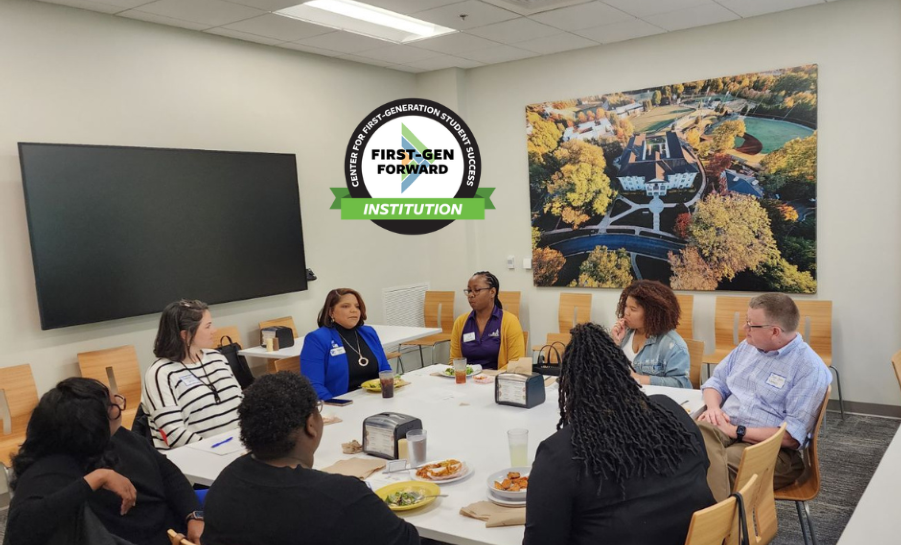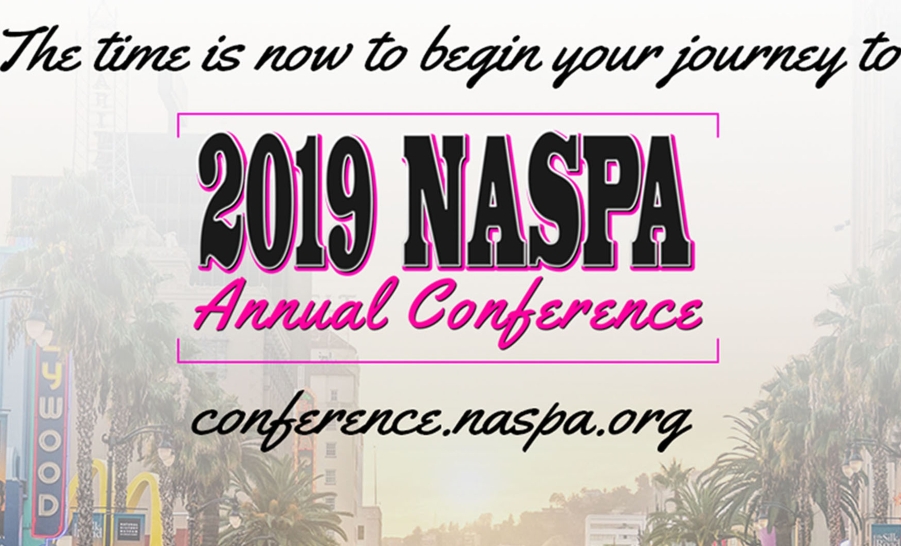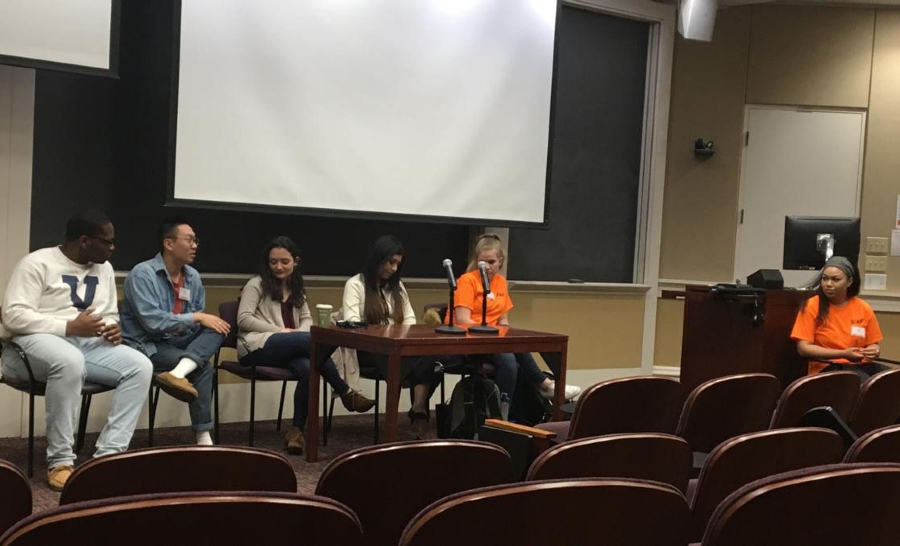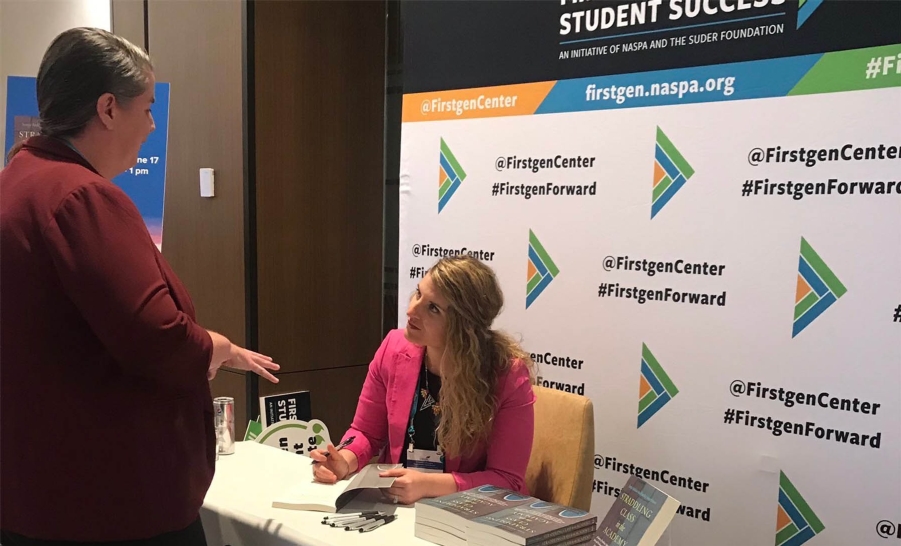Attending the Closing the Achievement GAP Conference: An Opportunity to Gain Perspective on First-generation Student Success
Tim Richardson Ph.D., University of Houston-Clear Lake / FirstGen Forward / October 16, 2017
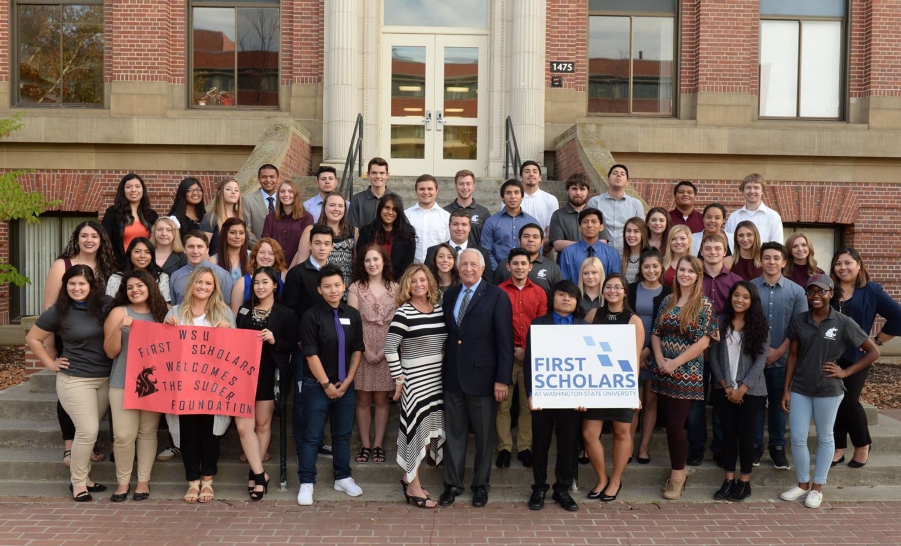
Happy New Year from Houston! I have the honor of welcoming you to the New Year wearing two hats in service to NASPA. The first as an inaugural member of the Center Advocacy Group for the NASPA Center for First Generation Student Success. Secondly, I am serving on the Planning Committee for the 2018 NASPA Closing the Achievement Gap Conference (CTAG), a role I also held last year for the 2017 conference.
Working with both of these great programs has helped me gain valuable perspective on the meaning of “student success.” Over the nearly 17 years I have worked in student affairs, the term “student success” seems to be everywhere. Many colleges and universities use these words as part of their institutional mission, vision, or value statements. Other uses around campus range from using “student success” interchangeably with “retention” to describing the impact of student affairs programs (e.g. mentoring, leadership development, participating in learning communities) on the development of a student. Besides its institutional definitions and applications, I have learned that “student success” means something different to each student.
When I reflect on the student success of first-generation students, I am reminded how much their identities intersect. Like many of our students, their education may have to compete with other priorities. To support our first-generation students, I have relied on perspective to understand their pathway to success. I often have to think outside my usual “academic support box” to consider the needs of the whole student and respect the different experiences of today’s students compared to my own time as a first-generation college student. My involvement with the CTAG conference helped my understanding of what it means to be a first-generation college student.
Helping plan and attend the 2017 CTAG conference was a meaningful experience. I not only broadened my perspective on the needs of today’s college students, but I also gained knowledge from the truly excellent presentations and speakers, which, in turn, allowed me to become a better supporter of student success. At the 2017 CTAG conference, I attended Sarah Whitley’s presentation on the newly formed Center for First-generation Student Success. The Center’s presence at the conference was a natural fit, as multiple presentations focused on first-generation student topics; others, too, included this identity as it intersected with other conference themes.
As the planning for the 2018 Closing the Achievement Gap Conference is progressing, I invite the friends and colleagues of the NASPA Center for First Generation Student Success to attend the Closing the Achievement Gap Conference in Columbus, Ohio, May 31-June 2. More information about the conference is found through this link: https://www.naspa.org/events/2018CTAG.
The 2018 NASPA Closing the Achievement Gap: Student Success in Higher Education Conference will focus on how student affairs practitioners can develop effective approaches to support students who struggle to complete their degree. Further, the conference programs will elaborate on how to address factors woven into students’ experiences which may impact their success and completion, such as being a member of an underrepresented student population; being low income; first generation; living with a disability; DACA (Deferred Action for Childhood Arrivals) status; experiencing homelessness or food insecurity; or work and family obligations.
Please join us in learning about best practices and take part in the rich conversations on how you contribute to the success of your students.
